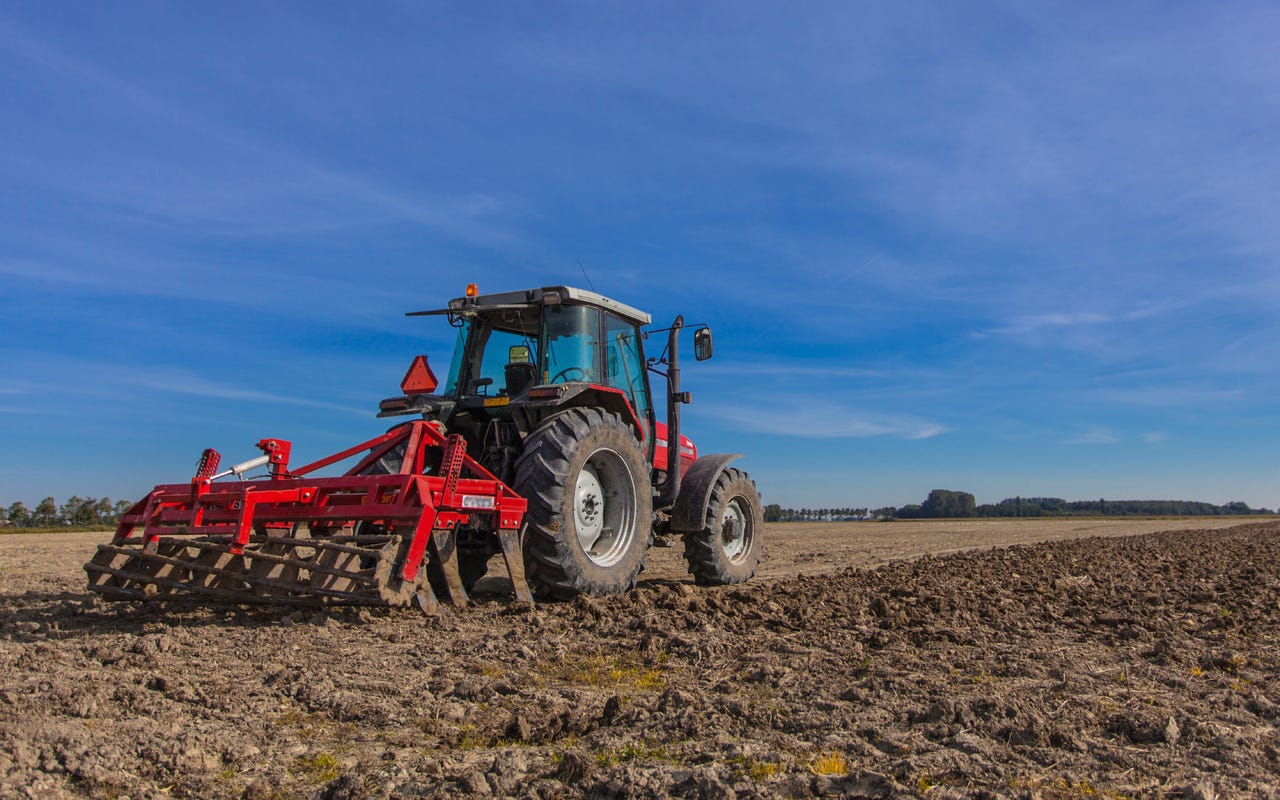Why Europe's largest agtech fund wants to focus on US market

Amsterdam's Anterra Capital raises $125m to invest in agricultural technology startups.
New technology in computing, hardware, and bioscience is giving a fresh impetus to the food and agriculture industries' attempts to devise sustainable ways of feeding the world's growing population.
In the past five years, venture capital investment in such technologies, known otherwise as agtech, has grown exponentially, from $300m in 2011 to $4.6bn in 2015.
Now, one European venture-capital fund wants to make sure European innovation isn't excluded from the growing pace of activity in the agtech industry, which tends to focus on the North American market.
Amsterdam-based Anterra Capital closed the fund's second round of backing with Rabobank and Fidelity International's Eight Roads last month, raising its value to $125m and making it Europe's largest agtech fund.
Startups backed by this fund will export their innovations directly from Europe to the US, where Anterra is opening a new office, in Boston.
In terms of value, Anterra's fund now sits on par with the two other largest agtech players, both based in Chicago: Seed 2 Growth Ventures, which opened a $125m fund in October, and Cultivian Sandbox, which has a $115m fund.
Unlike these other funds, Anterra's agtech fund focuses on specifically bringing Dutch and other European expertise to the US, where venture-capital enthusiasm for agtech is still taking off.
"That's the purpose of the fund," Adam Anders, managing partner at Anterra, tells ZDNet. "The technologies coming out of Europe are often the best and easiest to apply in that US market."
The Dutch bank Rabobank has supported food and agriculture activity in the Netherlands for over a century, making Rabobank and several Dutch companies and Dutch research institutions world leaders in these sectors.
The Netherlands is the home to major food and agriculture brands, such as Heineken, Unilever, and DSM. On the academic side, QS World Rankings ranked Wageningen University number one in agriculture and forestry field this year.
"You have this unusual dynamic in the Netherlands where it's the second largest food exporter in the world. It's a world leader in efficiency, in plant-breeding, greenhouse, dairy, and many aspects of logistics," Anders says.
In 2009, Anders and a group of investors pitched Rabobank with the idea that it needed to dedicate investments to commercialize Dutch innovations in food and agriculture.
By 2013, Anterra Capital spun out of Rabobank's private equity group, but the team felt that the Dutch startup ecosystem still wasn't mature enough to support business growth at the same level at which the agtech sector was growing globally. Anterra then convinced Rabobank and Eight Roads to double its fund and decided to expand its operations to the US.
"We needed to be in the market where most of this activity is occurring and, quite frankly, where big corporate, and government, and the general community is more open to innovation being open and rewarding and supporting young companies," Anders says.
While Europe has been a vocal proponent of ethical food production standards for the past 20 years, the US has more recently been driving positive change in the industrial supply chain to support innovative methods in organic food production and to curb the use of antibiotics in these industries.
"It's a country that from a sustainability and a regulatory perspective has been quite behind Europe in terms of development of biologicals, which is a major agtech trend. Europe had been always against the use of antibiotics, another major trend. And yet the US can change very quickly," Anders says.
"So when they decide to change, they can, either on a consumer side or a regulatory perspective, and all of a sudden, it's a good environment to have those innovations in the US," Anders says.